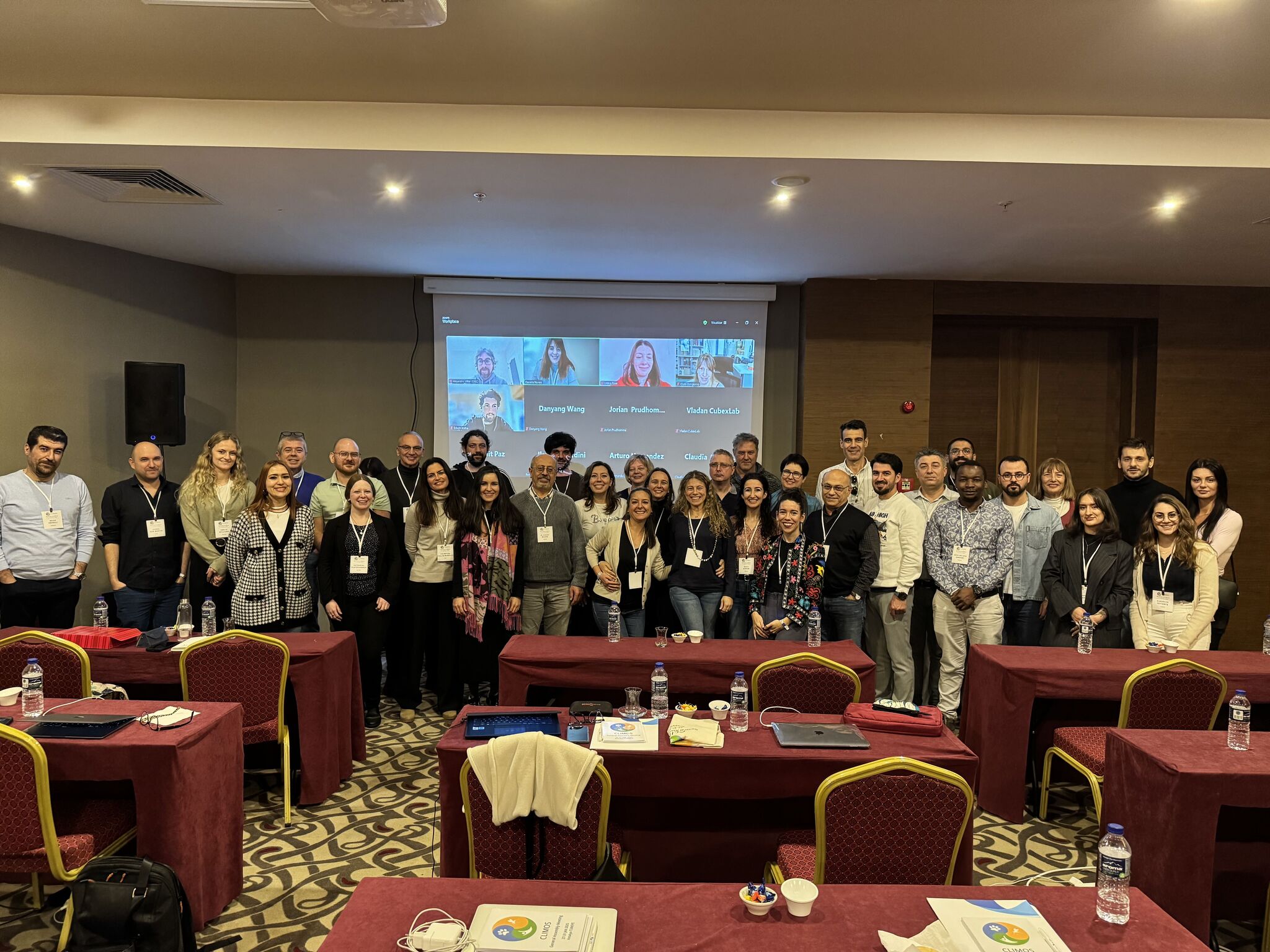CLIMOS: Research in Action to Anticipate Diseases Transmitted by Sandflies
As the European project CLIMOS enters its final year, the University of Reims Champagne-Ardenne (URCA), through the ESCAPE research unit, continues its commitment to better understanding and preventing infectious diseases transmitted by sandflies, tiny insects that are vectors of phleboviruses and leishmaniasis.
Sandflies are small, hairy arthropods whose blood-feeding females can transmit serious diseases, including leishmaniasis—a parasitic infection affecting humans and animals, sometimes fatal if not treated promptly.
Gathered in March 2025 in Antalya, Turkey, during the annual General Assembly, the project’s 29 partners presented their latest findings:
- Enhanced surveillance: In France as well as in several European countries, the presence of Leishmania parasites and phleboviruses has been confirmed.
- Climate modeling: Using weather and ecological data, CLIMOS predicts the expansion of risk areas for sandfly population growth, linked to global warming.
- Practical tools: An early warning system is being finalized, with the support of local communities and health authorities.
CLIMOS embodies research that is closely connected to real-world challenges—at the crossroads of science, environment, and public health.
